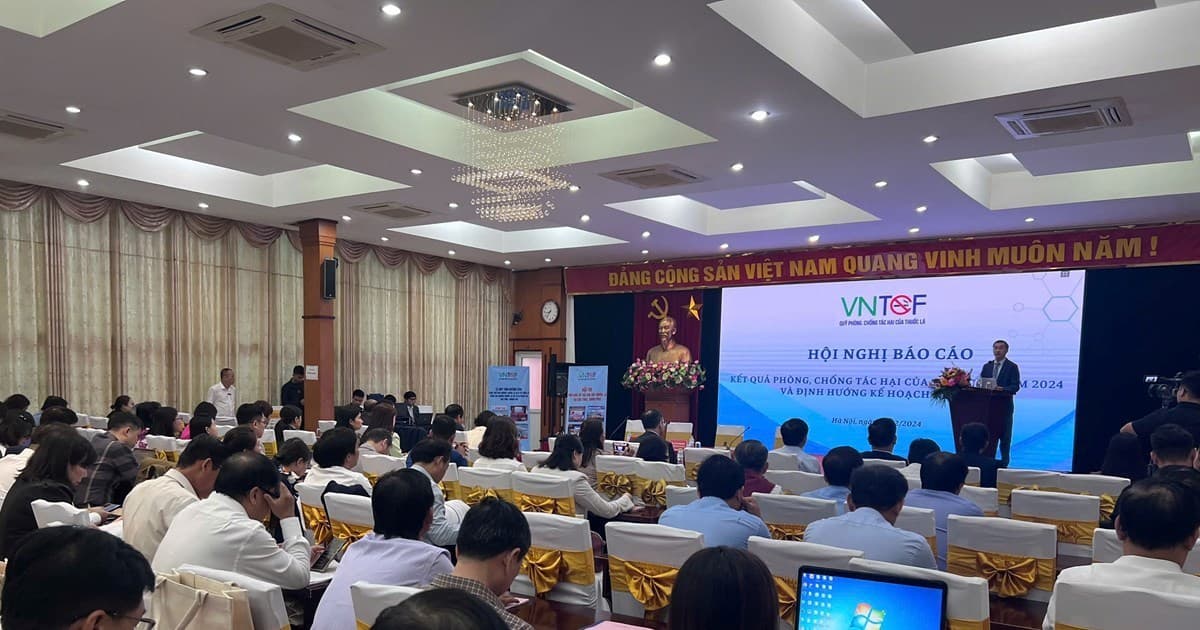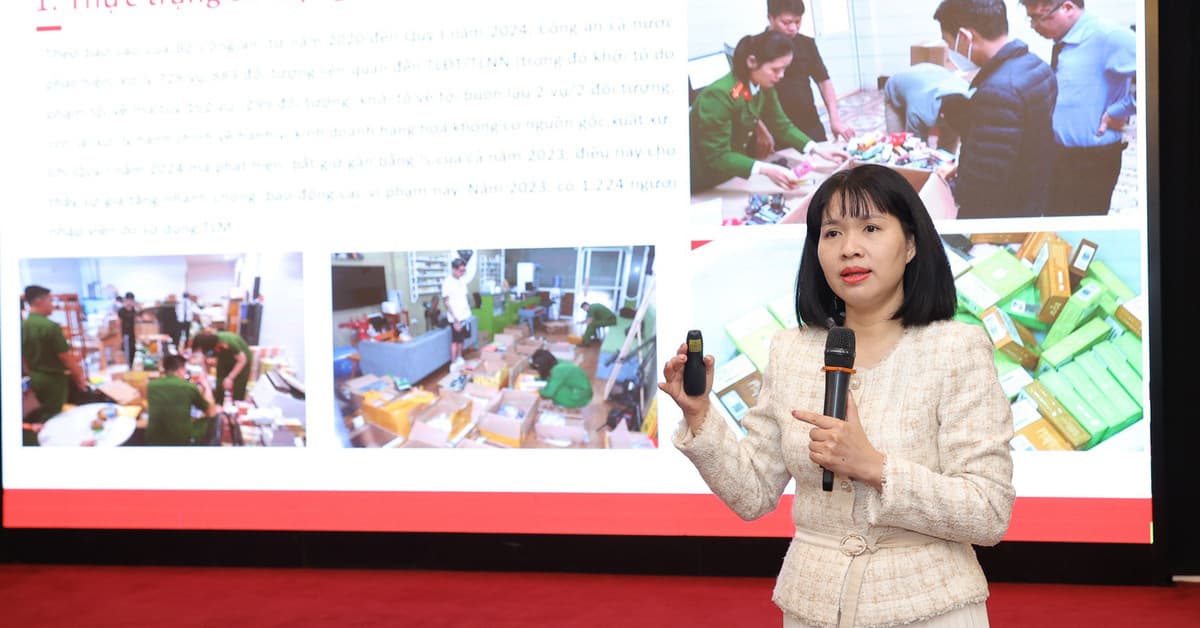Vietnam has recently announced a major regulatory change that will reshape the vaping landscape in Vietnam. Starting from January 1, 2025, the Vietnamese government will impose a comprehensive ban on the production, distribution, importation, storage, transportation, and use of e-cigarettes, vaping products, and heated tobacco devices. This decision, as part of the National Assembly's 173/2024/QH15 resolution passed on November 30, 2024, aims to curb the health risks associated with these products.
This new development comes as part of Vietnam's broader effort to tighten regulations surrounding the tobacco and vaping industries. The ban is expected to include all vaping devices, e-liquids containing nicotine, as well as other related products. Customs authorities will work on managing the disposal of these products, and any non-compliance will likely result in significant penalties.

In addition to the new ban, the Vietnamese Ministry of Health is taking steps to strengthen enforcement against illegal vaping products and activities. The government is considering expanding the scope of penalties to include individuals caught using or concealing vaping devices. As part of the new measures, they are also exploring ways to tackle the illicit import and sale of vaping products, especially in border areas and sales points.
Authorities are expected to increase inspections and introduce more severe fines for those violating the new regulations. Public awareness campaigns will also be launched to educate citizens about the dangers of vaping, and to reinforce the importance of complying with the new laws.
Vietnam has long struggled with high smoking rates, and despite improvements in smoking cessation efforts, the country remains one of the largest consumers of tobacco products. In 2023, the adult male smoking rate in Vietnam was recorded at 41.1%, one of the highest in the world. Given this backdrop, the government's decision to target e-cigarettes and vaping products is seen as a critical step in reducing smoking-related harm.
As part of the regulatory process, the Ministry of Health is not only focusing on enforcement but also on education and public outreach. Experts from the World Health Organization (WHO) have emphasized the importance of engaging communities and stakeholders in discussions about the risks of vaping and the need for stronger legislation.
Additionally, several government agencies are working together to ensure that these laws are fully implemented and enforced, which will include measures to address illegal sales, distribution networks, and black-market activity related to vaping products.

The tightening of vaping regulations in Vietnam will undoubtedly have a significant impact on the industry. For international brands, this may mean the need to adjust market strategies in response to stricter import controls and the reduced availability of e-liquids and related products. While many may see this as a setback, it is also an opportunity to focus on markets where regulations are more favorable and growing consumer demand for healthier alternatives persists.
For consumers, the new regulations could limit their access to vaping products and force many to turn to unregulated sources for e-liquids and vaping devices. This shift could introduce further health risks, especially in light of the untested and potentially unsafe products that may enter the black market. Public education efforts will play a critical role in ensuring that consumers remain informed about the risks involved.
Vietnam’s decision to impose such an extensive vaping ban is part of a growing global trend of tightening regulations on e-cigarettes and heated tobacco products. Countries like the United States, the European Union, and even some parts of Asia are increasingly moving toward stricter regulations to address concerns about youth vaping and public health risks.
In this environment, companies that prioritize innovation, compliance, and consumer safety, like SP2S, are positioning themselves well to thrive in markets that continue to embrace vaping as a safer alternative to smoking traditional cigarettes. Despite the ongoing regulatory challenges, SP2S remains focused on creating high-quality, compliant products that meet the evolving needs of adult consumers in a world where vaping regulations are becoming more stringent.
Your email address will not be published.

JackoLantern
Cigarettes on the other hand are fine. What a joke. This has nothing to do with health and everything to do with that garbage of a vietnamese government protecting its upcoming monopoly on the tobacco industry.
Reply(0)